The Quota Movement Bangladesh continues to garner national and international attention as students and job seekers demand a reform of the government job quota system. The movement, also known as the “Bangla Blockade,” was sparked by a High Court verdict on June 5, 2024, which declared the 2018 government circular cancelling the 30% quota for freedom fighters’ descendants illegal.
Background
The controversy began when the High Court ordered the reinstatement of the quota system, leading to a resurgence of protests similar to the 2018 Bangladesh quota reform movement. Initial protests, concentrated in Dhaka, resumed with vigor after the Eid-ul-Adha and summer holidays. Demonstrations soon spread nationwide, with students from both public and private universities joining the movement.
Major Events and Developments
- July 10: Students from the University of Dhaka besieged Shahbagh Square, leading to widespread disruption of Dhaka’s transport system. Police attacks on students at Comilla University further fueled the protests.
- July 11: Despite rain, students crossed police barricades and continued their protest at Shahbagh, announcing further rallies.
- July 12: Students gathered at Shahbagh again, and Comilla Victoria College witnessed violence as Chhatra League members attacked protesters.
- July 14: Prime Minister Sheikh Hasina’s controversial comments escalated the situation, prompting midnight protests at Dhaka University, where female students from Rokeya Hall joined the movement.
- July 15: Violent clashes erupted nationwide. BCL members attacked students at Dhaka University, Rajshahi University, and other locations, resulting in numerous injuries. Photojournalists covering the protests were also assaulted.
- July 16: Violence continued with police and BCL members attacking students at Jahangirnagar University, leading to over 50 injuries.
Demands
The Anti-discrimination Students’ Movement has put forward several demands, including the cancellation of the existing quota system, provision of quotas at fair rates for minority groups and disabled people, and a new law to cap quotas at 5%.
International Reactions
The United States Department of State and Amnesty International have condemned the attacks on protesters, urging the Bangladesh government to ensure the safety of peaceful demonstrators.
Conclusion
The Quota Movement Bangladesh remains a critical issue, reflecting the broader struggle for fair employment opportunities. As the situation develops, this website will continue to provide the latest updates, news, and information for activists and supporters.
Stay Updated For real-time updates, event information, and ways to support the Quota Movement Bangladesh, visit Quota Movement Bangladesh.
Meta Description
Stay updated on the Quota Movement Bangladesh protests. Get the latest news, updates, and information on events, locations, and ways to support the movement.

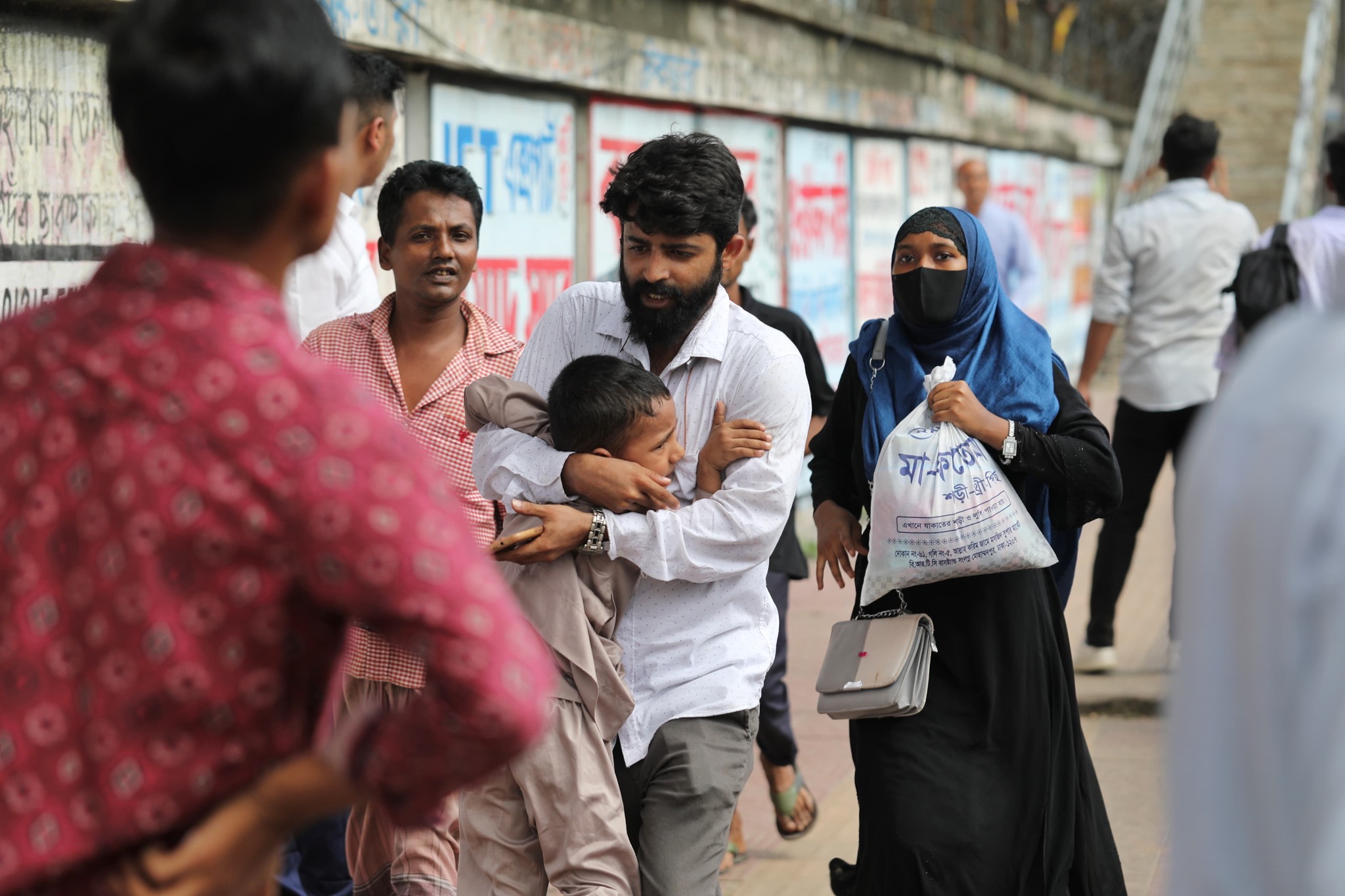
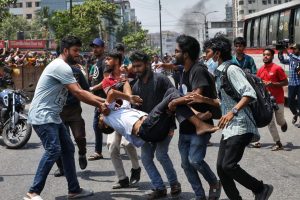
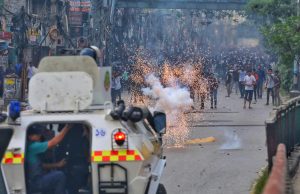
![Members of the law and order forces are dragging a protesting student to a prison van in Dhaka University campus. 17 July 2024. [Mo: Hasan/BannerNews]](https://quotamovementbangladesh.com/wp-content/uploads/2024/07/451589530_895770185899721_5798050850837410177_n-300x200.jpg)
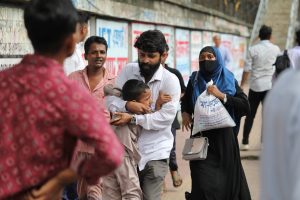
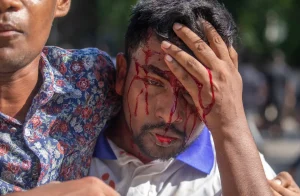
Leave a Reply